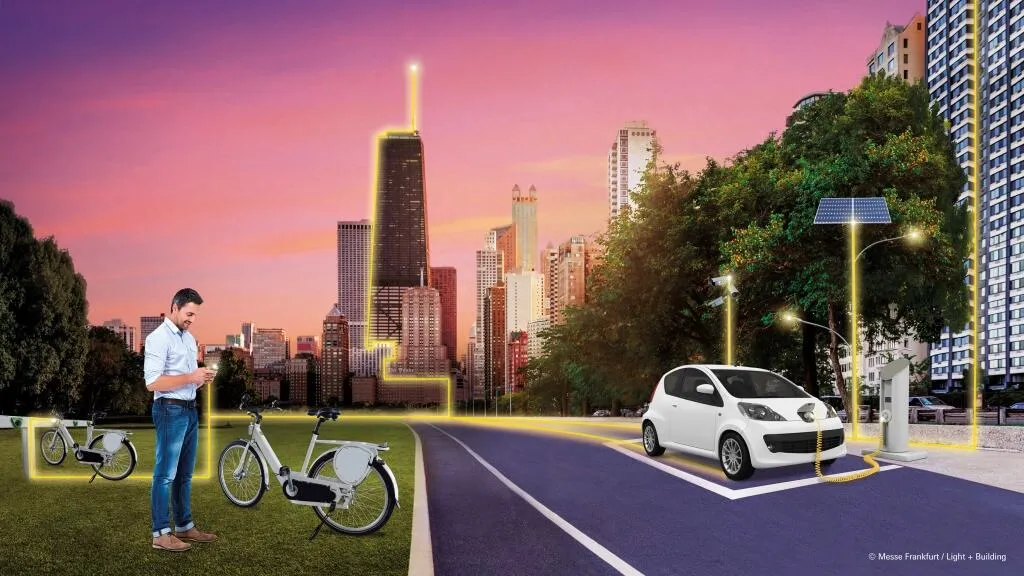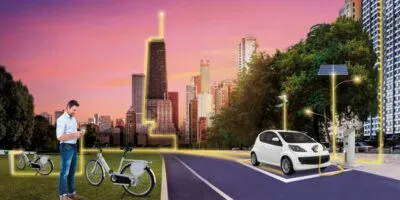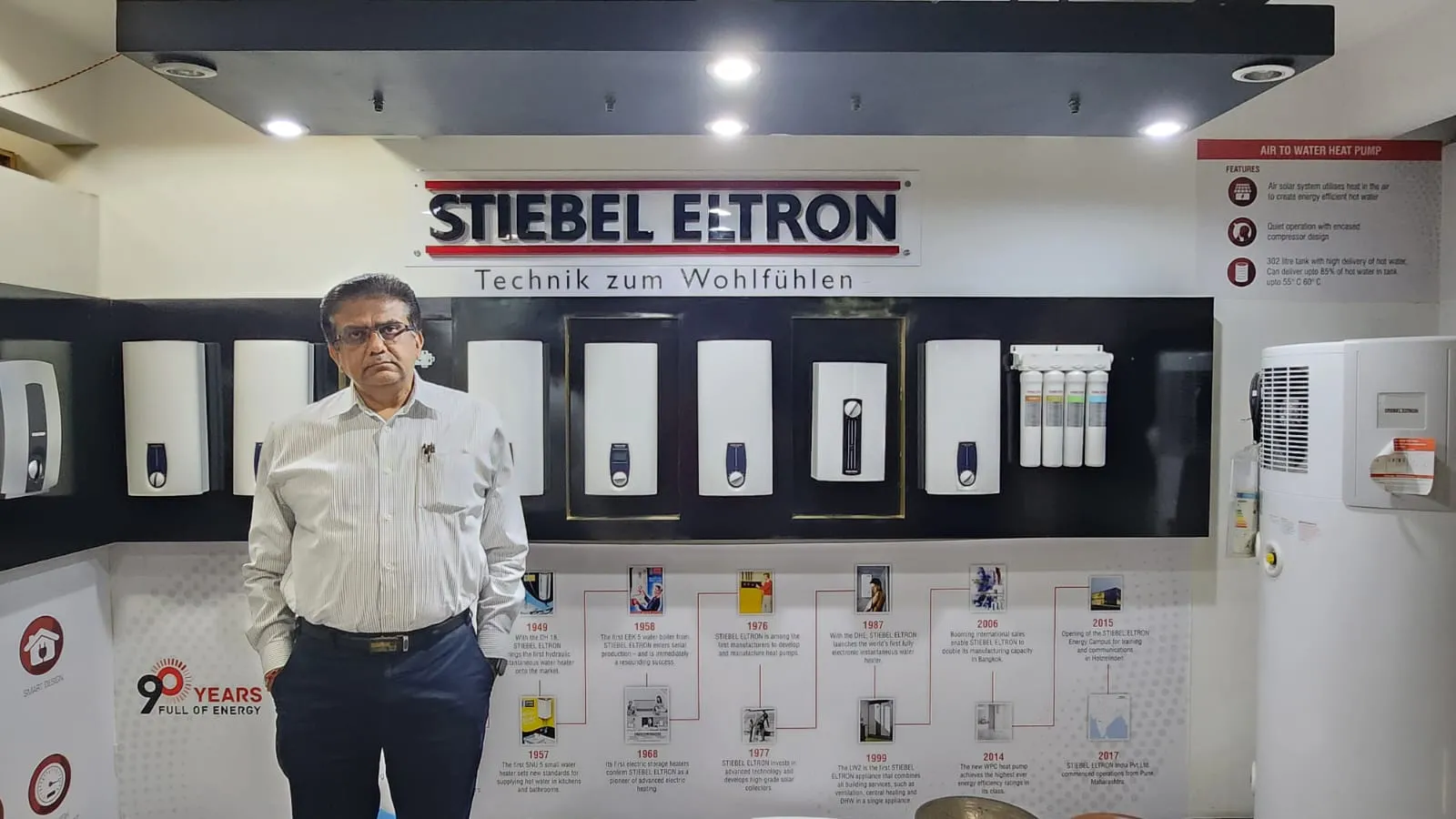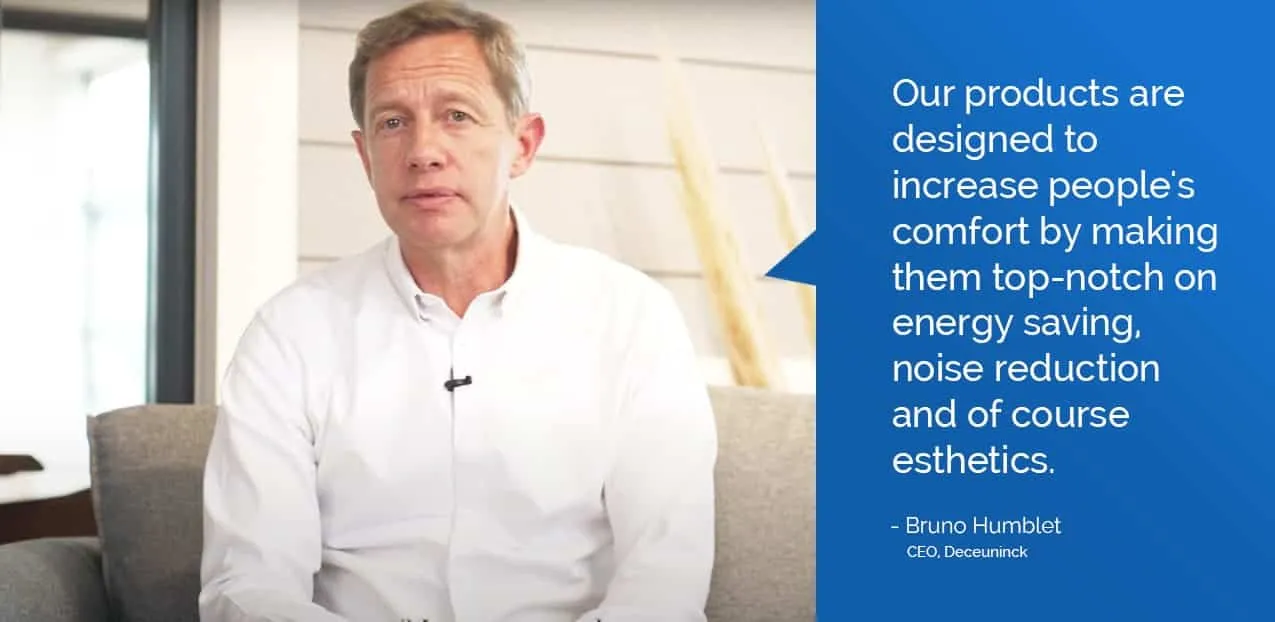The advancement of sustainable energy generation, the reduction of consumption in smart buildings, and the growth of electromobility are key components to a complete energy turnaround by 2030. The issue of energy supply has taken on a whole new immediacy as a consequence of increasing gas and oil prices, as well as the need to guarantee the supply of raw materials. At Light + Building, concepts for the networked and intelligent city of the future – the smart city – already exist. The secure and effective networking of people, places, and infrastructure is at its core.
The trend in recent years has been toward urbanization. Due to limited city space, its required to utilize it to its full potential. Sustainable expansions to buildings in timber construction, for example, are being used to offer more living space. The electrification and digitization of infrastructure, on the other hand, provide the foundation for smart cities and hence a reliable and scalable energy supply. Once this step is completed, the cost-effective use of wind and sun as sustainable energy sources (smart grids) as well as sector coupling will be enabled.
Key factor – Innovation at Light + Building 2022
Smart city concepts rely heavily on technological advancements and breakthroughs. They provide fundamentally new approaches that are currently topical in society and politics. For example, the advent of the lithium-ion battery aided the development of sustainable electromobility. Wind and sun as renewable energies can only be used economically if technological excellence in the generation, transmission, and distribution (“smart grid”) is achieved. Of central importance here is the further development of information and communication technology to ensure secure and efficient networking. The “final development” of a smart city will connect people, places, and infrastructures. The overall stronger networking and data collecting of technological trades within buildings is already a reality today.
Smart Buildings – The foundation of Smart City
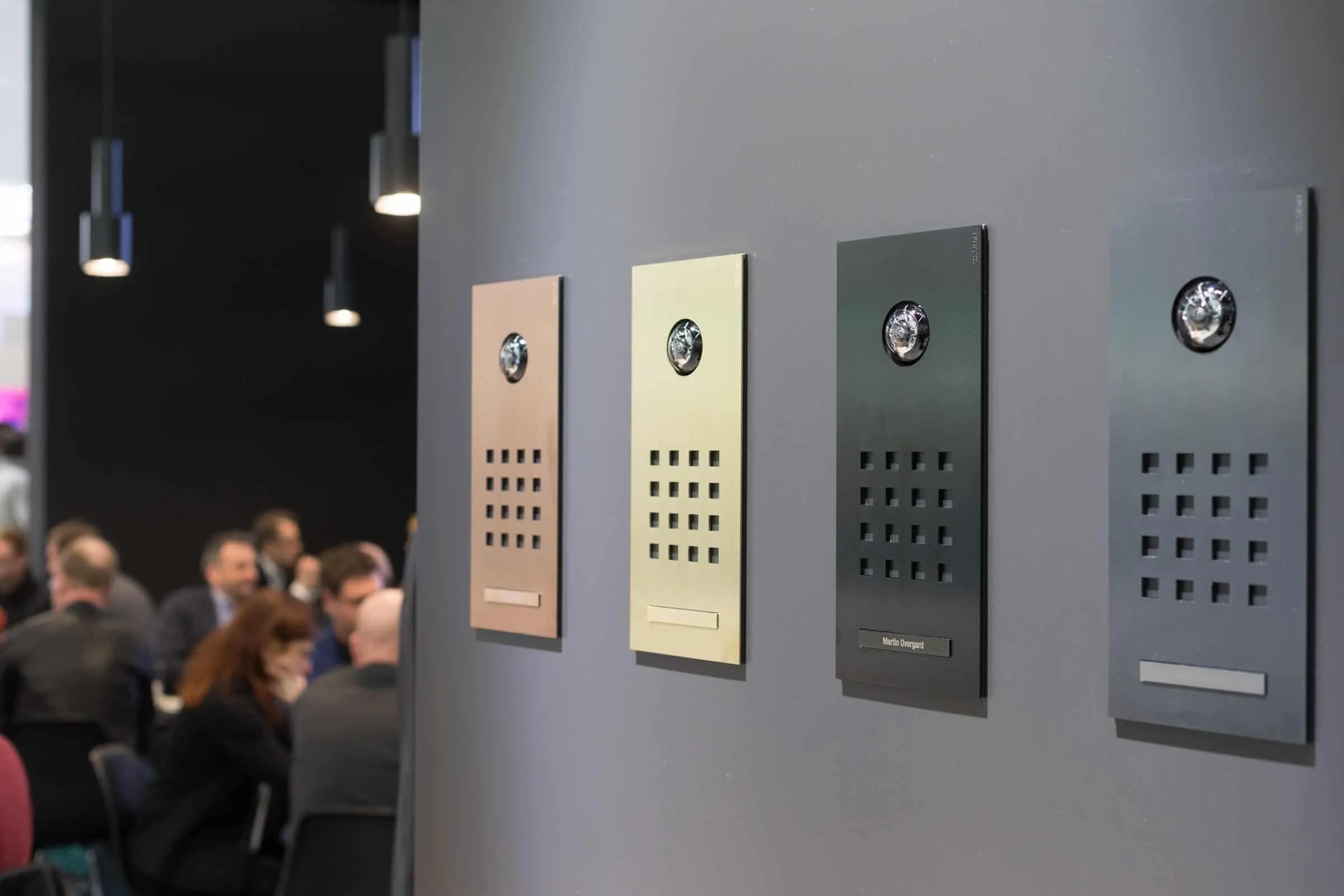
Image Source: light-building.messefrankfurt.com
Smart buildings are the basis of a smart city. Whether living in “smart homes” or working in “smart buildings”, residents spend most of their time here. The data from the numerous sensors made available to all trades through comprehensive networking, ensure, among other things, lower energy consumption. Intelligent building automation, according to the German Electrical and Electronic Manufacturers’ Association (ZVEI), can reduce energy usage and CO2 emissions by 30-40%. Self-learning systems allow active involvement of building users, such as by managing lighting, air conditioning, and heating based on demand or by presenting individual escape routes on mobile devices. In addition, there is a need to implement security systems, that not only detect dangers such as fire or burglary but also predict them.
Smart Lighting – A cornerstone for Energy Saving
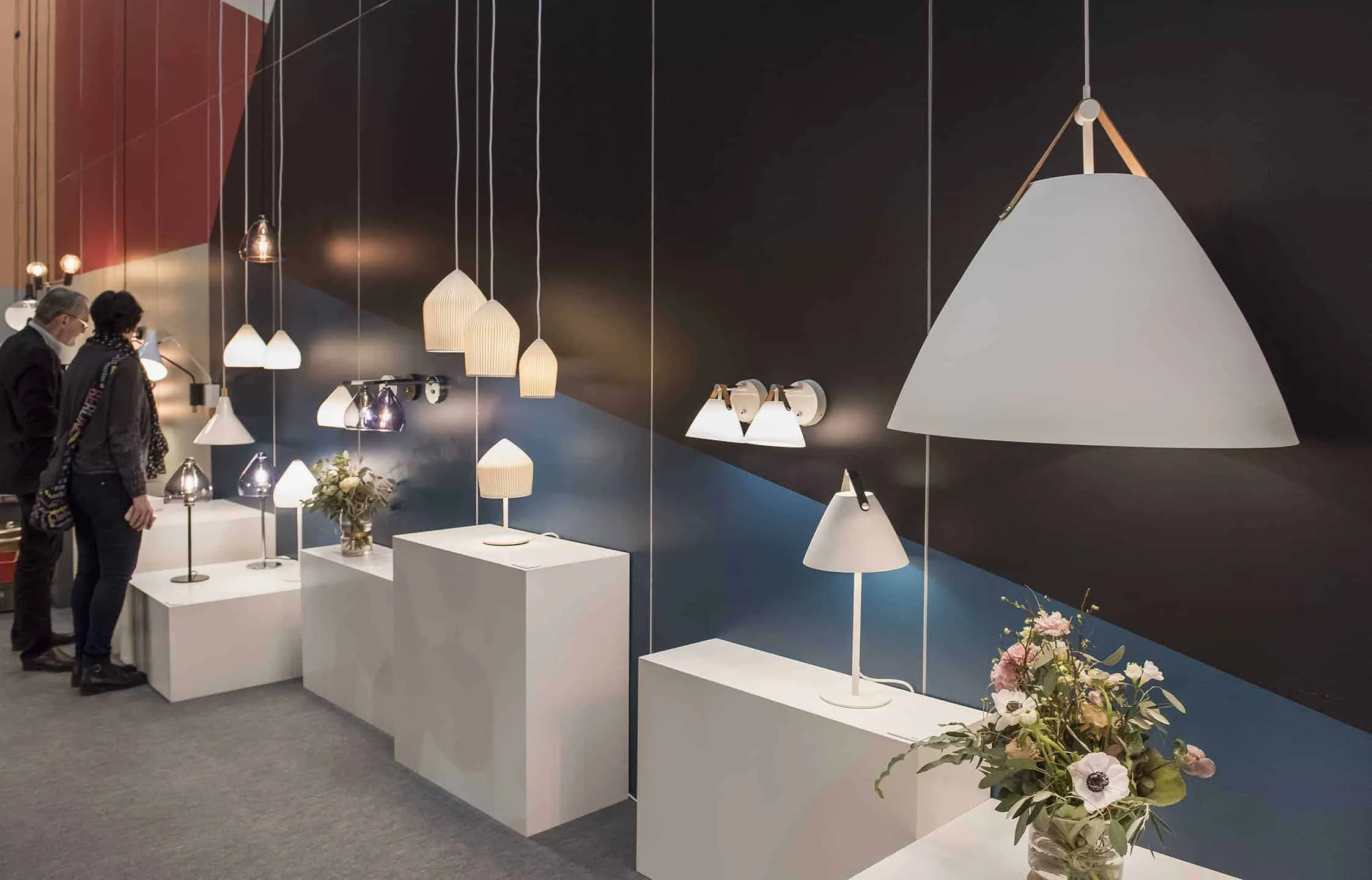
Image Source: light-building.messefrankfurt.com
Lighting is a significant aspect of the energy-saving potential. The introduction of LED luminaires signaled a significant advancement in lighting technology. When compared to traditional luminaires, they can save up to 80% of energy. Moreover, smart lighting influences people’s well-being and sense of security. Individual scenarios that promote well-being and productivity are realized by altering the light temperature and colour of LED luminaires (“Human Centric Lighting“). LED street luminaires can serve as the backbone of a smart city on a bigger scale. Equipped with WLAN, charging function for e-cars, emergency call buttons, or sensors for traffic and weather measurement, they are an important component of the networked IoT.
Smart Mobility with e-charging infrastructure
Gridlock and severe pollution levels have long plagued many cities. As a result, new mobility principles are the basis of future smart cities. In addition to intelligent traffic management and transportation mode networking, the rapid spread of electric mobility is critical. There is evidence that the number of electric car registrations is increasing. However, there is still a need to catch up in terms of expanding the essential charging infrastructure. Enough charging points must be available in the smart city, together with sophisticated charging management. In an ideal world, an intelligent power grid (“smart grid”) incorporates charging points; it supplies regenerative energy on a time and cost-effective basis. Then the overloading of the infrastructure can be avoided.
Conclusion and Light + Building 2022 outlook
Forward-thinking thoughts and creative solutions can only address future concerns, such as urbanization and climate change. Smart cities are no longer a vision but a reality. As early as 2014, the EU named 240 European cities that are pursuing more or less advanced smart city concepts.
In order to move beyond individual measures and pilot projects to efficient solutions, an intensive exchange between all stakeholders is necessary, both nationally and internationally. Smart cities will only become a reality in the near future and get acceptance by their residents if political decision-makers, urban planners, building operators, architects, expert planners, installers, and citizen representatives share ideas and work out practical solutions together.
The Autumn Edition 2022 of Light + Building in Frankfurt am Main provides a great setting for this essential discussion. It will focus on building automation, smart cities, intelligent neighbourhoods, and energy management. In addition, it will take notice of e-charging infrastructure and networked security.
The Messe Frankfurt Exhibition Centre will host the Light + Building Autumn Edition from October 2 to 6, 2022. Light + Building Digital Extension will accompany the main event from October 2 to 14, 2022.

